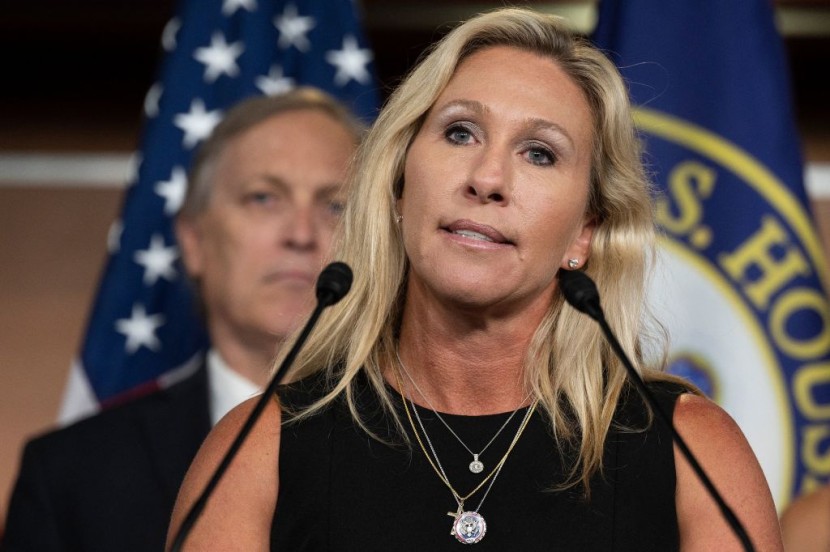
Rep. Marjorie Taylor Greene of Georgia introduced a new bill on Thursday that seeks to abolish Section 230, the currently controversial law that provides online platforms with liability protection from what users post on their sites.
The proposed bill, titled the 21st Century Free Speech Act, is Greene's measure that serves as the House companion to a Senate version that Sen. Bill Hagerty introduced last year. The measure would repeal Section 230 and replace it with new language requiring "reasonable, non-discriminatory access to online communications platforms" by labeling them "common carriers."
Online Platform Liability Protection
The Republican's announcement of the bill comes a few days after Tesla CEO Elon Musk completed his aggressive takeover of social media giant Twitter. The billionaire entrepreneur was able to win a bid to purchase the platform at $54.20 per share, causing concern among lefties and right-wingers alike in his quest to make Twitter "politically neutral."
The situation also comes after Greene's personal Twitter account was permanently suspended for violating the social media platform's policies against COVID-1i misinformation earlier this year. The Republican said during a press conference on Thursday that she spent months analyzing various bills that would target Big Tech censorship, as per The Verge.
The move by Greene is seen as largely symbolic as she is a fringe Republican who is known to have supported QAnon conspiracy theories. She has also been stripped of her committee assignments. Furthermore, the bill would most likely face opposition in the Senate even if Republicans retake the majority after the midterm elections.
The bill shows the right's growing desire to regulate social media platforms to their liking. For a long time, Republicans have insisted that Section 230 enables platforms to "censor" conservatives. However, the First Amendment actually provides companies with extensive leeway to moderate views on their services as they deem fit.
According to Protocol, GOP members have repeatedly invoked Section 230 to score political points among their supporters. Many Republican lawmakers and candidates have promised to reform the provision if they take majority power.
Social Media Platform Bias
Probably the most noteworthy Republican that has been made an example of by social media platforms is former President Donald Trump. The businessman was permanently banned from Twitter after the Jan. 6 Capitol Hill riot that led to his impeachment for allegedly instigating the chaos.
However, the former president was not convicted in the Senate despite every Democrat supported by seven Republicans voting to convict him. In response, tech companies have claimed that the arguments that they are biased against conservatives were unfounded. They noted that right-wing Facebook pages regularly have top-performing posts on the nation's most used platform.
In February, the New York University released a report that found the claims of bias are not backed by evidence. It said that there were no "trustworthy large-scale studies" that have determined that conservative content was being removed for ideological reasons. It also said that there was no proof that searches were being manipulated to favor liberal interests among Americans, The Hill reported.
Related Article: Elon Musk Reveals Plans to Make Twitter "Maximum Fun," Jokes About Buying Coca-Cola Next








